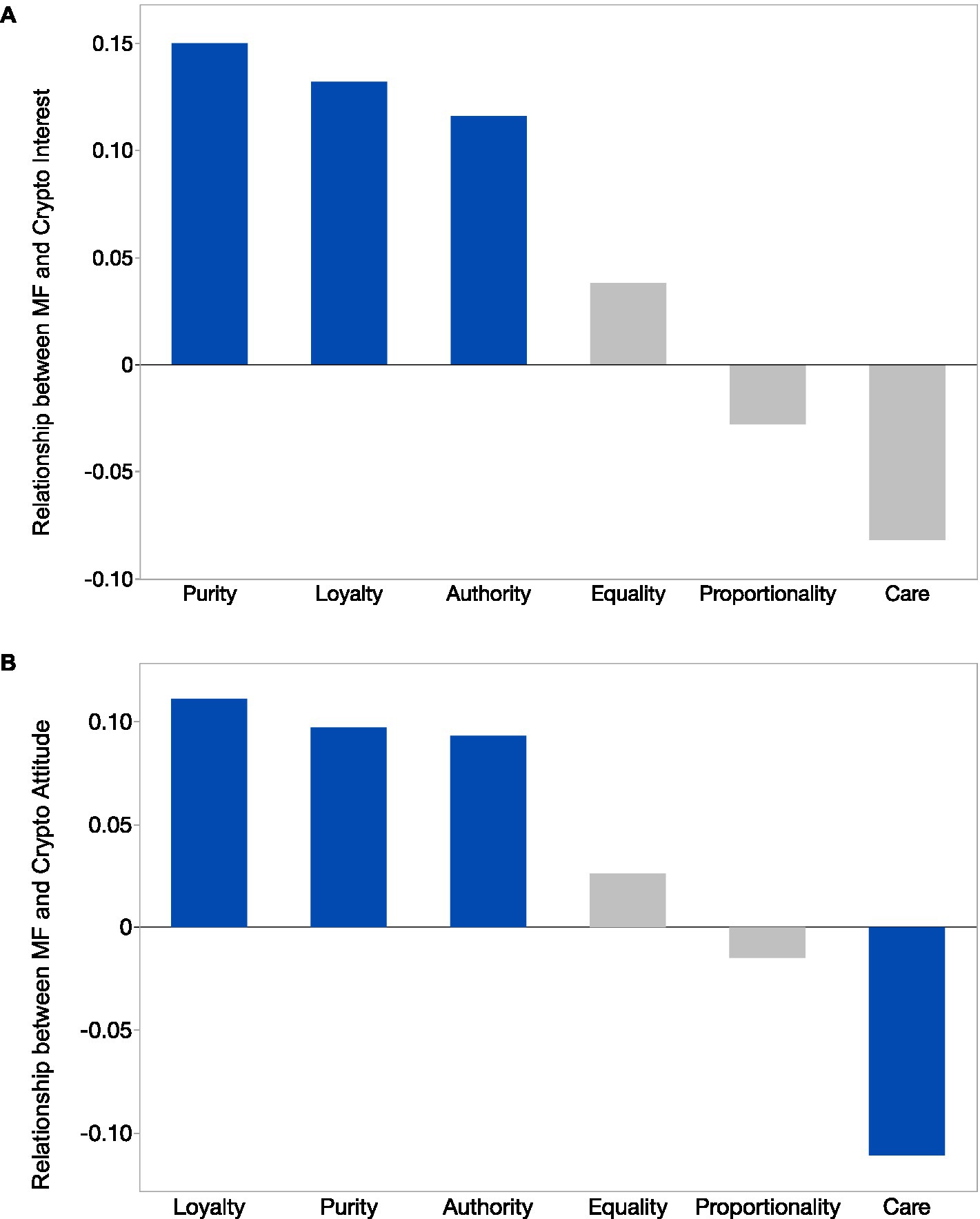The Ethics of Cryptocurrency: Perspectives from Thought Leaders

- Exploring the moral implications of decentralized currency
- Insights from industry experts on the ethical considerations of cryptocurrency
- Navigating the ethical dilemmas surrounding digital currencies
- Examining the social impact of blockchain technology on financial ethics
- Ethical perspectives on the rise of cryptocurrency in the global economy
- Thought leaders weigh in on the ethical challenges of virtual currencies
Exploring the moral implications of decentralized currency
Exploring the ethical considerations surrounding decentralized currency, such as cryptocurrency, raises important questions about the moral implications of this innovative financial system. Thought leaders in the field have differing perspectives on the ethical implications of decentralized currency, with some arguing that it promotes financial inclusion and economic empowerment, while others raise concerns about its potential for facilitating illegal activities and exacerbating wealth inequality.
One of the key ethical considerations of decentralized currency is its potential to democratize access to financial services, particularly in underserved communities. By removing the need for traditional banking institutions, cryptocurrency can provide individuals with greater control over their finances and the ability to participate in the global economy. This increased financial autonomy can empower individuals who have been marginalized by the traditional banking system, allowing them to send and receive money securely and efficiently.
However, the decentralized nature of cryptocurrency also presents ethical challenges, particularly in terms of regulation and oversight. Without a central authority to monitor transactions, there is a risk that cryptocurrency could be used for illicit activities such as money laundering and tax evasion. Additionally, the anonymity of cryptocurrency transactions can make it difficult to trace and hold individuals accountable for fraudulent or criminal behavior.
Another ethical concern surrounding decentralized currency is its potential to exacerbate wealth inequality. While some argue that cryptocurrency can level the playing field by providing equal access to financial services, others point to the concentration of wealth among early adopters and large investors. The volatility of cryptocurrency markets can also lead to significant financial losses for inexperienced investors, further widening the wealth gap.
In conclusion, the moral implications of decentralized currency are complex and multifaceted. Thought leaders continue to debate the ethical considerations of cryptocurrency, weighing its potential benefits against the risks it poses to financial stability and social equity. As the use of decentralized currency continues to grow, it is essential to consider the ethical implications of this innovative financial system and work towards solutions that promote financial inclusion and social responsibility.
Insights from industry experts on the ethical considerations of cryptocurrency
Insights from industry experts shed light on the ethical considerations surrounding cryptocurrency. These thought leaders emphasize the importance of transparency and accountability in the crypto space. They stress the need for regulatory frameworks to protect investors and prevent fraud and money laundering.
Experts also highlight the environmental impact of cryptocurrency mining, urging for sustainable practices to mitigate energy consumption. They discuss the social implications of digital currencies, including financial inclusion and privacy concerns.
Furthermore, industry leaders stress the importance of education and awareness around cryptocurrency to empower users to make ethical decisions. They advocate for collaboration between stakeholders to address ethical dilemmas and promote responsible practices in the crypto industry.
Navigating the ethical dilemmas surrounding digital currencies
When it comes to digital currencies, there are numerous ethical dilemmas that need to be navigated. Thought leaders in the field have varying perspectives on the ethical implications of cryptocurrency. Some argue that the decentralized nature of digital currencies promotes financial inclusion and empowers individuals to have more control over their money. Others, however, raise concerns about the potential for illegal activities such as money laundering and tax evasion.
One of the key ethical dilemmas surrounding digital currencies is the issue of privacy. While cryptocurrencies offer a certain level of anonymity, this can also be exploited by individuals engaging in illicit activities. Striking a balance between privacy and accountability is crucial in ensuring that digital currencies are used responsibly.
Another ethical consideration is the environmental impact of cryptocurrency mining. The energy-intensive process of mining cryptocurrencies has raised concerns about its contribution to carbon emissions and climate change. As the popularity of digital currencies continues to grow, finding sustainable solutions to mitigate their environmental impact is essential.
Regulatory compliance is also a significant ethical dilemma in the world of digital currencies. Ensuring that cryptocurrencies are not used for illegal purposes while still allowing for innovation and growth in the industry is a delicate balance that regulators must navigate. Thought leaders are divided on the best approach to regulating digital currencies, with some advocating for stricter oversight and others pushing for a more hands-off approach.
Examining the social impact of blockchain technology on financial ethics
Examining the social impact of blockchain technology on financial ethics is crucial in understanding the implications of cryptocurrency on our society. Blockchain technology, which underpins cryptocurrencies like Bitcoin, has the potential to revolutionize the financial industry by providing a decentralized and transparent system for transactions. This has raised important questions about the ethical considerations surrounding the use of cryptocurrency.
One of the key ethical concerns is the potential for blockchain technology to facilitate illegal activities such as money laundering and tax evasion. The anonymity and decentralization of cryptocurrencies make it difficult for authorities to track and regulate transactions, leading to concerns about the misuse of this technology for illicit purposes.
Furthermore, the volatility of cryptocurrency prices has raised questions about the ethical implications of speculative trading. The rapid fluctuations in value can lead to significant financial losses for investors, especially those who are not well-informed about the risks involved. This has sparked debates about the morality of profiting from such unpredictable markets.
On the other hand, proponents of blockchain technology argue that it can promote financial inclusion by providing access to banking services for the unbanked population. By eliminating the need for traditional financial institutions, cryptocurrencies can empower individuals in developing countries to participate in the global economy. This potential for social impact highlights the complex ethical considerations surrounding the adoption of blockchain technology.
Ethical perspectives on the rise of cryptocurrency in the global economy
The rise of cryptocurrency in the global economy has sparked a range of ethical perspectives from thought leaders across various industries. Some view cryptocurrency as a revolutionary technology that has the potential to democratize financial systems and empower individuals. Others, however, raise concerns about the ethical implications of cryptocurrency, including its association with illicit activities such as money laundering and tax evasion.
One ethical perspective on cryptocurrency is the idea of financial inclusion. Proponents argue that cryptocurrency can provide access to financial services for individuals who are underserved by traditional banking systems. This can help reduce poverty and promote economic development in regions where access to banking is limited. However, critics point out that cryptocurrency can also exacerbate existing inequalities, as those with access to technology and resources may benefit more than others.
Another ethical consideration is the environmental impact of cryptocurrency mining. The process of mining cryptocurrency requires significant amounts of energy, leading to concerns about its carbon footprint. As the demand for cryptocurrency grows, so does the energy consumption associated with it. This has led to debates about the sustainability of cryptocurrency and the need for more environmentally friendly alternatives.
Thought leaders weigh in on the ethical challenges of virtual currencies
Various thought leaders have shared their insights on the ethical challenges posed by virtual currencies. One key concern is the potential for cryptocurrencies to be used for illegal activities such as money laundering and tax evasion. This raises questions about the responsibility of individuals and organizations involved in the cryptocurrency ecosystem to ensure compliance with regulations and ethical standards.
Another ethical issue is the environmental impact of cryptocurrency mining, which consumes a significant amount of energy. This has led to debates about the sustainability of cryptocurrencies and the need for more environmentally friendly alternatives. Thought leaders have emphasized the importance of considering the long-term consequences of cryptocurrency use on the planet.
Additionally, there are concerns about the lack of consumer protection in the cryptocurrency market, which can leave investors vulnerable to fraud and scams. Thought leaders have called for greater transparency and accountability in the industry to protect consumers and build trust in virtual currencies.




